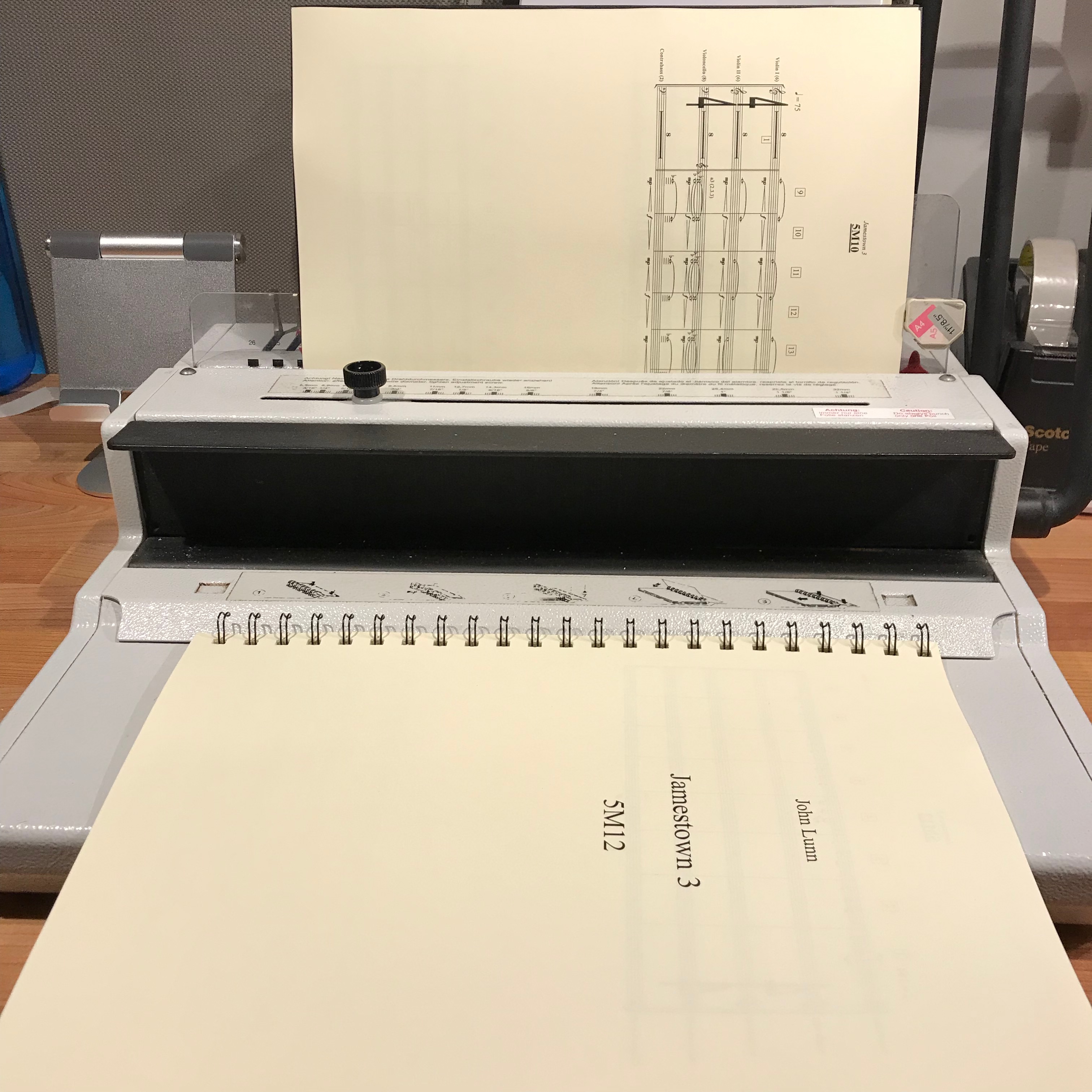What Is Music Preparation?

What is Music Preparation?
Music Preparation or copying is an old art. The story goes that Handel was so under pressure with his Score for the Messiah that many copyists were running back and forth to create the parts in the days leading up to the premiere. In those days copying would even regularly involve “filling in the blanks" where a composer would assume the copyist would double things on certain instruments employing the conventions of the time.
Copying or Music Preparation is most simply put as, getting the notes on the paper for the performing musicians to read and play.
Since I started in the music industry (1990s) the job has changed a lot. Handwritten parts were common. In some older hand written scores for film or big band you see instructions like “con alto 1” in the second Alto Sax part on the full score, instructing the copyist to write the notes into the final parts. This is not a problem for orchestrator or arrangers these days as copy and paste is easy in modern Software like Sibelius or Dorico.
Sibelius was first released in 1993 and only worked on Acorn computers and the initial outlay was considerable. Notator by C-lab had come out in 1988 and worked on the Atari computer platform this programme went on to become Emagic Logic on Mac computers eventually being acquired by Apple as it's in house music software. As with many acquisitions Apple released a cut down version of the app which comes free with the OS which, of course,is Garage Band. You can create pretty convincing scores in Logic if you know what you are doing. Parts are less easy. The first Version of Finale also came out in 1988, at time of writing I think we are up to Version 26.
You can see that the push to get sheet music out of computers was pretty much a late 1980s thing. Printed music before that was, most commonly, engraved on copper or pewter plates, the lines “scored” into the metal and hammered stamps used for notes and markings. The nomenclature still exists in menus like “ engraving rules” in software today. It is said this is also why we call music scores.
Watch this fascinating video if you are interested to see the tools used
Film studios had music departments where composers Orchestrators and copyist work side by side to produce the hand written music played by the studio orchestras.
There was not time to engrave the music. Printed music was for Classical and popular music that was to be sold through music shops.
I remember the first time I met Jill Streater, the Queen of the London Music Prep scene these days. She was working in Vic Fraser’s copying company and there was a whole bunch of people dealing with hand copied material, copied onto preprinted manuscript paper, the instrument name applied to the part with ink stamps ( the stamp font in Sibelius is based on these). Often the copyist was responsible for transposing the part from scores in concert. This was how I presented my compositions for my degree in music. Calligraphy pens allow for the production of the note heads and thin lines needed for the stems etc. The “Jazz” style fonts that mimic hand writing in Finale etc. are the nearest to hand copying in style.
The Process in Film
The copyist is the last person in the chain below.
- Composer
- Programmer
- Arranger/Orchestrator
- Copyist
- The copyist formats the parts ( so the layout is clear for the musician reading)
- The copyist prints the parts and scores
- The conductors score pages are taped together ( using masking tape usually)
- The other scores are often bound into books using wire or spiral binding techniques.
- The parts are collated into folders or “Pads” e.g. Viola desk 3
- The music is delivered to the studio and often the copyist is also the librarian.
- The copyist sometimes attends the session in case of changes. ( On larger projects)
So if you are still in your seat six minutes into the end titles of a film and the music department comes up Music Preparation by : Global Music ( that's Jill Streater BTW) or Joann Kane Music Services or even Simon Whiteside Music you’ll know what it means.
Edit Post Text